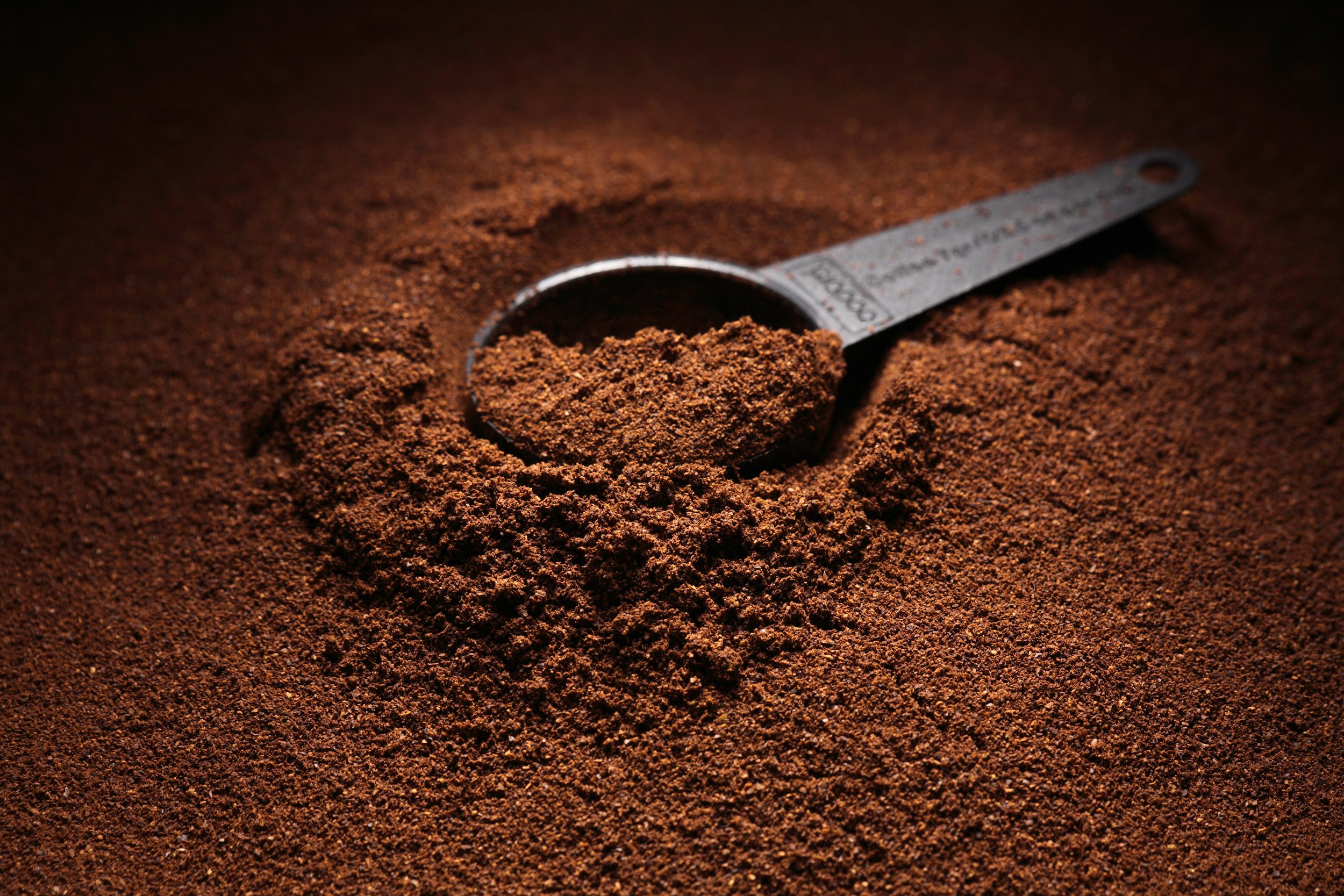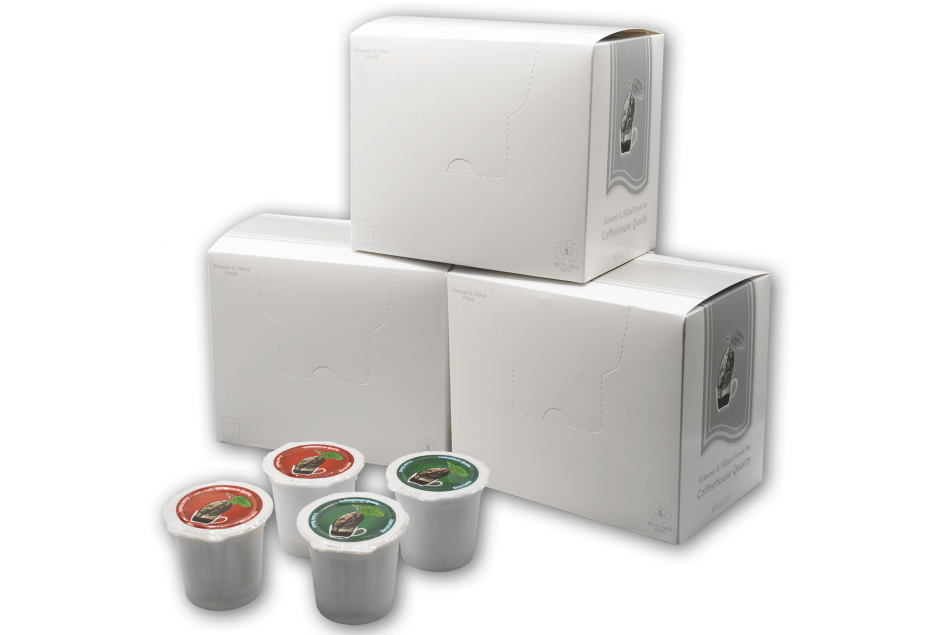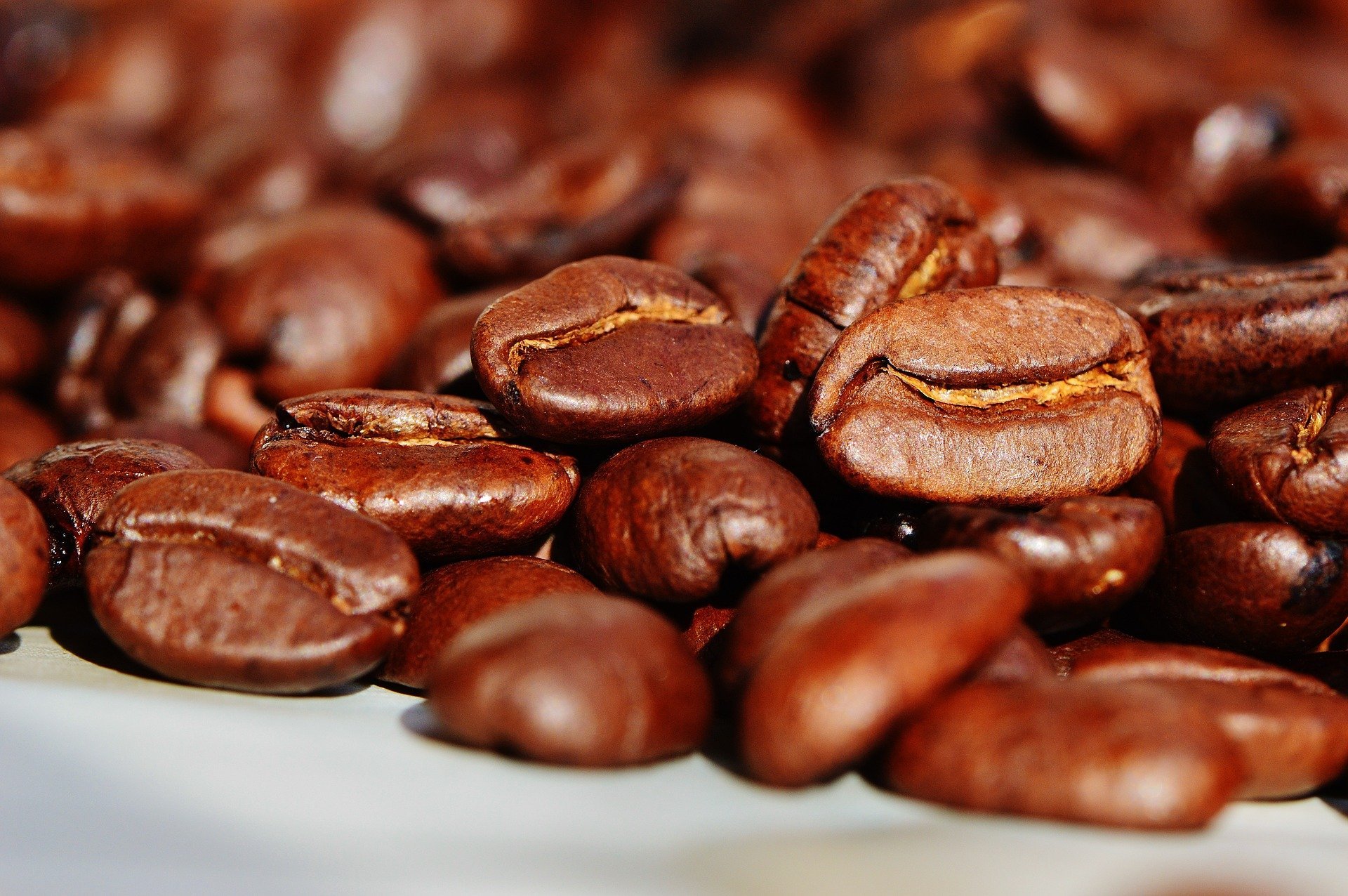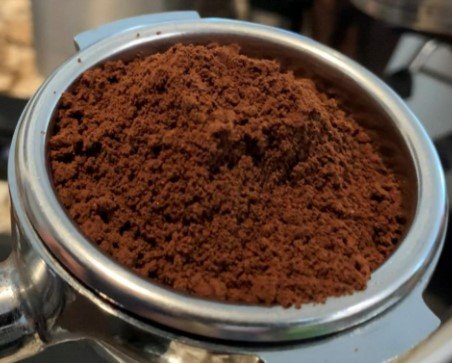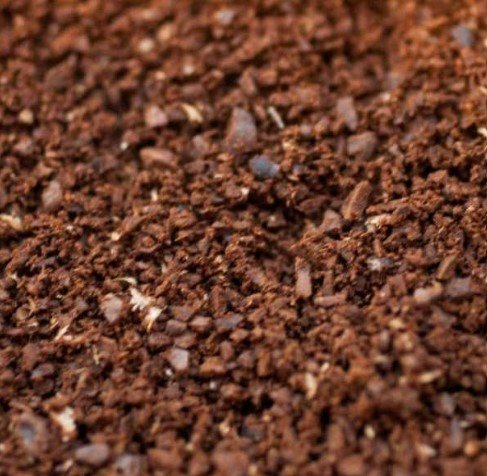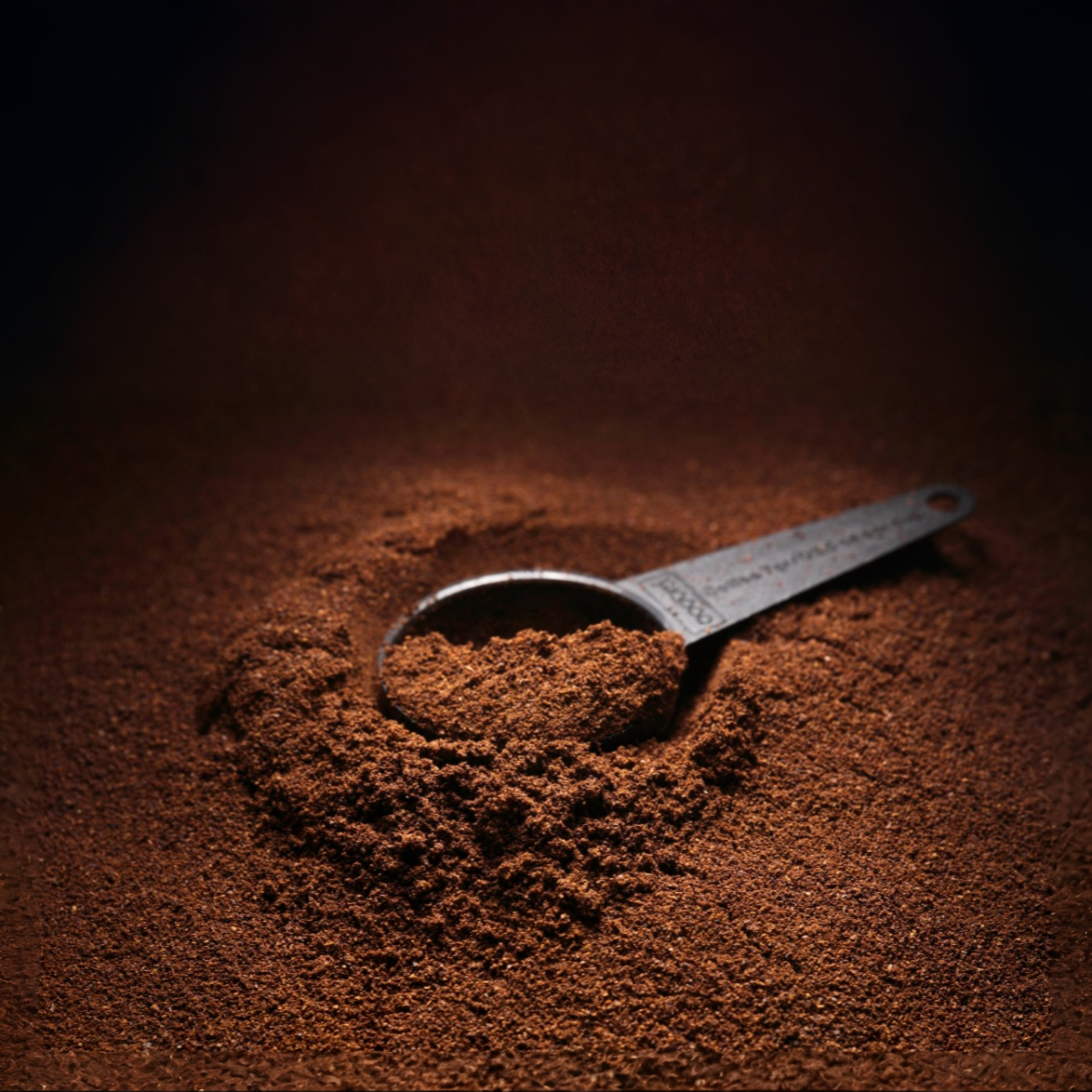Organic Dominican Republic
In the Dominican Republic, the family-owned Ramirez Estate run by the third generation employs over 400 workers who live and work on the property and make nearly 300% higher wages than Fair Trade Standard. Before the Ramirez family purchased the land in the early 1990s, the land was impotent and bare––natural water springs had long since dried up and farmers had only been raising cattle.
Today, the Ramirez Estate is one of the most environmentally-progressive and socially-conscious proprietorships in the world because they recycle materials used during coffee bean processing. First, coffee cherry parts that would normally be thrown out are converted into natural gas through fermentation––in turn, this natural gas powers their facility. Next, the used water is also recycled, filtered, and returned to water systems. Lastly, cherry pulps are added to a compost pile where they’re used as fertilizer useful to nearby farms.
In addition to creating exceptional coffee, the Ramirez Estate also gives back to its community in countless ways. By building schools in rural areas, local children no longer have to walk nearly twenty miles a day, and after donating books and computers, students have more opportunities to learn. The Ramirez Estate also allows other farmers in the Dominican Republic to use their processing plant to assist in coffee export.
COFFEE NOTES: Smooth creamy body. Sweet undertones, butter, cream, and nuts. The finish turns to a sweet vanilla soy milk flavor. Exactly what you expect from an island coffee.
In the Dominican Republic, the family-owned Ramirez Estate run by the third generation employs over 400 workers who live and work on the property and make nearly 300% higher wages than Fair Trade Standard. Before the Ramirez family purchased the land in the early 1990s, the land was impotent and bare––natural water springs had long since dried up and farmers had only been raising cattle.
Today, the Ramirez Estate is one of the most environmentally-progressive and socially-conscious proprietorships in the world because they recycle materials used during coffee bean processing. First, coffee cherry parts that would normally be thrown out are converted into natural gas through fermentation––in turn, this natural gas powers their facility. Next, the used water is also recycled, filtered, and returned to water systems. Lastly, cherry pulps are added to a compost pile where they’re used as fertilizer useful to nearby farms.
In addition to creating exceptional coffee, the Ramirez Estate also gives back to its community in countless ways. By building schools in rural areas, local children no longer have to walk nearly twenty miles a day, and after donating books and computers, students have more opportunities to learn. The Ramirez Estate also allows other farmers in the Dominican Republic to use their processing plant to assist in coffee export.
COFFEE NOTES: Smooth creamy body. Sweet undertones, butter, cream, and nuts. The finish turns to a sweet vanilla soy milk flavor. Exactly what you expect from an island coffee.
In the Dominican Republic, the family-owned Ramirez Estate run by the third generation employs over 400 workers who live and work on the property and make nearly 300% higher wages than Fair Trade Standard. Before the Ramirez family purchased the land in the early 1990s, the land was impotent and bare––natural water springs had long since dried up and farmers had only been raising cattle.
Today, the Ramirez Estate is one of the most environmentally-progressive and socially-conscious proprietorships in the world because they recycle materials used during coffee bean processing. First, coffee cherry parts that would normally be thrown out are converted into natural gas through fermentation––in turn, this natural gas powers their facility. Next, the used water is also recycled, filtered, and returned to water systems. Lastly, cherry pulps are added to a compost pile where they’re used as fertilizer useful to nearby farms.
In addition to creating exceptional coffee, the Ramirez Estate also gives back to its community in countless ways. By building schools in rural areas, local children no longer have to walk nearly twenty miles a day, and after donating books and computers, students have more opportunities to learn. The Ramirez Estate also allows other farmers in the Dominican Republic to use their processing plant to assist in coffee export.
COFFEE NOTES: Smooth creamy body. Sweet undertones, butter, cream, and nuts. The finish turns to a sweet vanilla soy milk flavor. Exactly what you expect from an island coffee.




